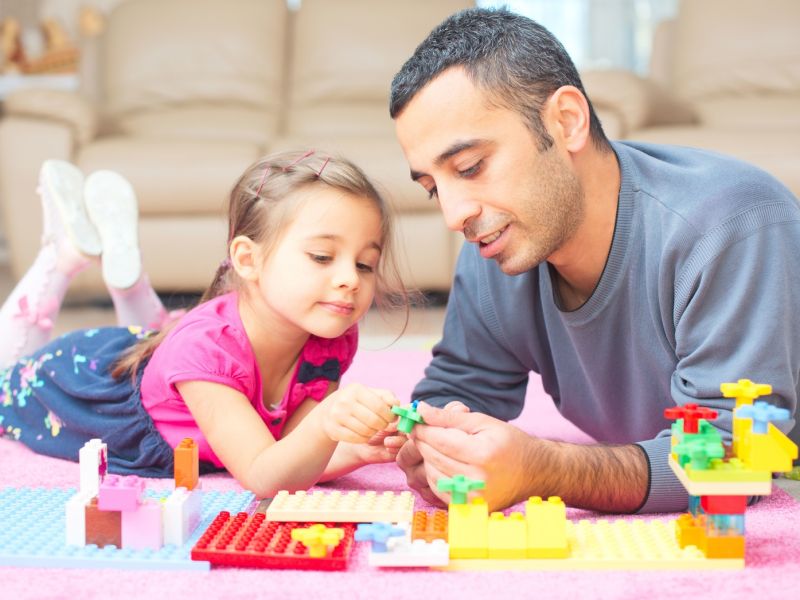WEDNESDAY, June 12, 2019 (HealthDay News) — It’s not just Moms: Just ahead of Father’s Day, a new survey finds that about half of American dads say they’ve been criticized about their parenting styles.
The way they enforced discipline topped the list of things naysayers called them to task on, with two-thirds of critiques focused on that subject.
Forty-four percent of the time, the criticism came from a family member, often the other child-rearing partner, the findings showed.
“Addressing a child’s misbehavior is one of the greatest challenges of parenting, and parents aren’t always on the same page when it comes to expectations and consequences,” said survey co-director Sarah Clark, of the University of Michigan.
That could prove problematic for families, Clark said.
“Inconsistency between parents in responding to a child’s behavior can send mixed messages to the child, and result in conflict and criticism between parents,” she explained in a university news release.
The next big topic for dad shaming involved the kinds of food men gave their kids (40% of critiques).
Not paying enough attention to the children was also an issue of contention, as was the accusation that dad-child playtime could get too rough — about one-third of fathers said they’d felt judged for these two things.
Other issues raised had to do with how a dad’s parenting style impacted a child’s sleep habits, safety or overall appearance.
The new data comes from the C.S. Mott Children’s Hospital National Poll on Children’s Health. This analysis was drawn from data gleaned from 713 fathers of kids up to the age of 13.
There’s a fine line between well-meant parenting advice and destructive shaming, Clark said. In about half of cases, fathers said they had responded to criticism by making a change to their parenting style. But in other cases, criticisms backfired.
“While some fathers say criticism prompts them to seek more information about good parenting practices, too much disparagement may cause dads to feel demoralized about their parental role,” Clark explained.
In fact, more than one-quarter of dads surveyed said these negative judgments undermined their parental confidence, while 20% said that it discouraged them from getting more engaged with parenting. Roughly four in 10 said they thought many criticisms from partners or outsiders were largely unfair.
Clark’s advice: “Family members — especially the other parent — should be willing to acknowledge that different parenting styles are not necessarily incorrect or harmful.”
Fathers tended to rate themselves rather highly, with nine in every 10 saying that they thought dads typically did a good job at parenting. But about one in every 10 also felt that outsiders — teachers, doctors, nurses — automatically assumed dads weren’t knowledgeable about their child’s needs or behaviors.
“Some fathers say they feel that professionals who interact with their child are dismissive of their parental role,” Clark said.
That’s definitely counterproductive, she noted.
“Even subtle forms of disparagement can undercut fathers’ confidence or send the message that they are less important to their child’s well-being,” Clark said. “Professionals who work with children should avoid negative assumptions about fathers’ level of involvement or interest in parenting.”
Besides partners, grandparents were the next greatest dad critics (24%), followed by fathers’ own friends (9%).
Why do some people believe fathers need their “helpful” advice?
“In some instances, this may be a reflection of historical gender roles, where mothers are viewed as more natural caregivers, and fathers as having limited parenting capabilities that need supervision or correction. When this occurs, minor differences in parenting style can cause conflict over the ‘best’ way to parent,” Clark said.
“Cultural norms, family dynamics and prior experience with his own father can also shape a dad’s parenting style and influence the expectations of others,” she added.
More information
The American Psychological Association has more on the challenges of parenting.
Copyright © 2026 HealthDay. All rights reserved.

